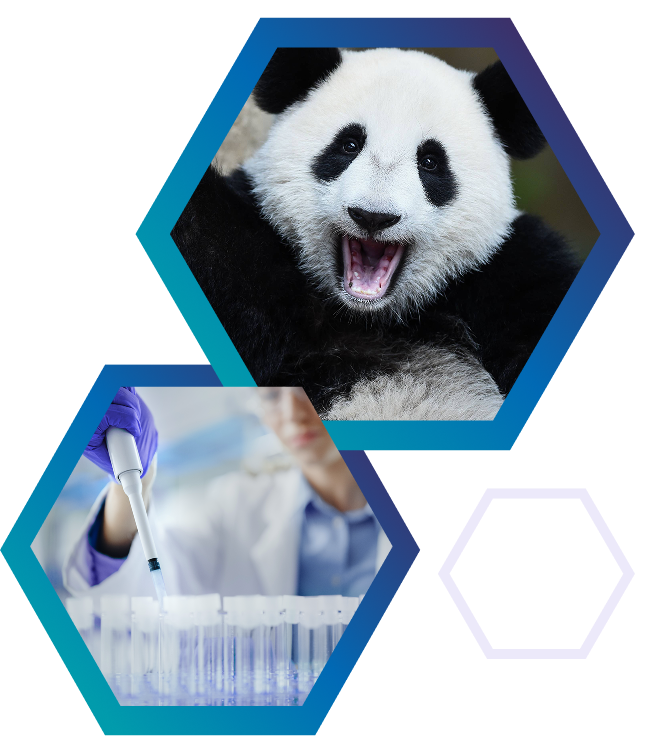Boosting Testosterone in Elephants
Social Interaction and Outdoor Activity Boost Testosterone Levels in Captive Bull Elephants
Wild African elephant populations are rapidly declining due to habitat loss and illegal poaching. Given the uncertain future for elephants in the wild, zoos play an important role in their conservation, and successful breeding programs are critical for maintaining the genetic variability in captive elephant populations. A recent study by Kaitlyn Campbell investigated the physical, social and environmental factors influencing the fertility of bull elephants, and testosterone production in particular. The author employed low stress, non-invasive steroid monitoring techniques by extracting steroids from fecal samples and measuring testosterone using an ELISA kit from Arbor Assays, which uses the widely published blend of R156 and R157 antisera.
Campbell observed higher levels of testosterone in healthy, socially active elephants compared to overweight, sedentary animals. Perhaps not surprisingly, testosterone levels were also boosted by increased direct interaction with female elephants, and with additional time spent outdoors. These critical captive breeding programs rely on the reproductive health of their animals. Optimizing factors that influence testosterone production in male elephants is vital to their success.
OUR DetectX® TESTOSTERONE ELISA KIT, K032-H
- Measure Testosterone and Dihydrotestosterone in Mammalian, Reptile, Bird, and Fish samples
- Assay sensitivity at 10 pg/mL
- Validated in fecal extracts, extracted serum/plasma, urine, and TCM
- Cited across a variety of publications
Fecal Sample Testing Resources
RELATED KITS
Estradiol ELISA Kits
K030-H1/H5 – Citations
Estrone ELISA Kits
K031-H1/H5 – Citations
PGFM ELISA Kits
K022-H1/H5 – Citations
Progesterone ELISA Kits
K025-H1/H5 – Citations
Thyroxine (T4) ELISA Kits
K050-H1/H5 – Citations
Triiodothyronine (T3) ELISA Kits
K056-H1/H5 – Citations

